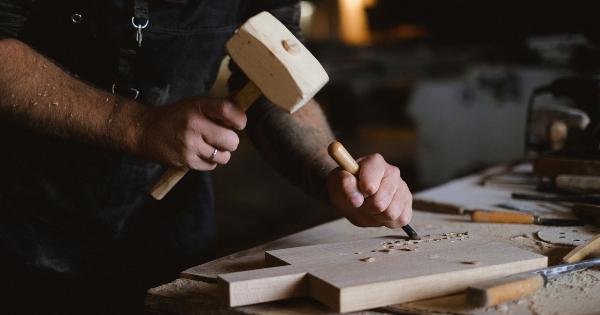Whether you’re a beginner or more experienced musician, using scales is an essential part of improving your playing. Scales are a fundamental building block of music, and they help you to develop your technique, accuracy, and speed.
However, there are some common mistakes that musicians make when using scales, which can lead to frustration and slow progress. In this article, we’ll look at the top 4 mistakes to avoid when using scales, and how to overcome them.
Mistake #1 – Practicing Scales Too Fast
One of the most common mistakes musicians make when practicing scales is trying to play them too quickly. While it’s important to build speed, accuracy should always come first.
By playing scales too fast, you’re likely to make mistakes, which can lead to frustration and a lack of progress.
The solution is to practice at a slower pace, focusing on accuracy and consistency. Start at a slow tempo and play each note cleanly and evenly.
Once you’re comfortable at a slow speed, gradually increase the tempo, but be sure to maintain your accuracy and consistency. Remember, speed will come with time and practice, but accuracy should always be your priority.
Mistake #2 – Only Practicing One Scale at a Time
Another mistake that musicians often make is practicing only one scale at a time. This can lead to a lack of variety in your playing and can also make it harder to switch between scales when playing songs or improvising.
The solution is to practice multiple scales in one session. Start with a warm-up scale, such as the C major scale, and then move on to other scales such as G major, D major, and A major.
This will help you to develop your overall knowledge of scales and also make it easier to switch between them when playing music.
Mistake #3 – Skipping Fingerings
When practicing scales, it’s important to play all of the correct fingerings. Skipping fingerings can lead to bad habits and can also make it harder to play certain passages in music.
The solution is to use a fingering chart and follow it precisely. This will help you to build correct muscle memory and ensure that you’re using all of the correct fingerings.
It may also be helpful to practice each scale with a metronome, as this will help you to maintain consistency and precision.
Mistake #4 – Not Practicing with a Purpose
Finally, one of the biggest mistakes musicians make when practicing scales is not having a clear purpose or goal in mind. Practicing scales aimlessly can lead to boredom and a lack of motivation.
The solution is to set clear goals for your practice sessions. Perhaps you want to master a certain scale or improve your speed. Whatever your goals may be, it’s important to have them in mind when practicing.
This will help you to stay motivated and focused on your progress.
Conclusion
By avoiding these common mistakes, you’ll be able to improve your use of scales and develop your musicianship.
Remember to prioritize accuracy over speed, practice multiple scales in one session, use correct fingerings, and always practice with a clear purpose in mind.




























